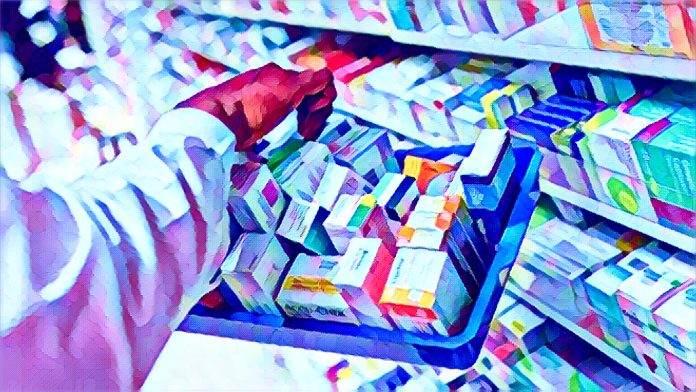The escalating cost of treating malaria and diabetes in Nigeria is putting a significant financial strain on the country’s citizens, particularly affecting the lower-income population. As prices for medication and healthcare services continue to rise, many Nigerians are struggling to afford the necessary treatments for these prevalent diseases.
Malaria remains a major public health challenge in Nigeria, with millions of cases reported annually. The cost of treating malaria, including diagnostic tests and medications, has surged due to inflation and supply chain disruptions. This increase in expenses is particularly burdensome for low-income families, who often lack access to affordable healthcare options. “The cost of treating malaria has become unbearable for many households. People are forced to choose between buying food and purchasing medication,” said a healthcare provider in Lagos.
Similarly, the treatment of diabetes, a chronic condition affecting a growing number of Nigerians, has also become more expensive. The rising costs of insulin, oral medications, and regular monitoring equipment are significant challenges for patients. Many individuals with diabetes face the dual burden of managing their health condition and coping with financial stress. “Managing diabetes requires consistent medication and monitoring, which can be costly. Many patients are unable to keep up with these expenses,” noted a healthcare expert.
The increasing costs of medical care are attributed to several factors, including inflation, currency devaluation, and disruptions in the global supply chain. Additionally, Nigeria’s healthcare system faces challenges such as inadequate funding, limited access to essential medicines, and a shortage of healthcare professionals. These issues exacerbate the financial burden on patients and their families. “The healthcare system’s challenges contribute to the high cost of treatment. There is a need for better funding and access to affordable medicines,” stated a healthcare policy analyst.
The impact of these rising costs is particularly severe for those living in rural and underserved areas, where access to healthcare facilities and services is limited. Many residents of these regions rely on public health centers, which often lack the necessary resources to provide comprehensive care. The situation forces patients to travel long distances to urban centers, incurring additional costs. “Rural communities are especially hard-hit. The lack of nearby healthcare facilities means people have to travel far and pay more for treatment,” said a community health worker.
In response to the growing financial burden on patients, healthcare advocates are calling for urgent measures to address the rising costs of malaria and diabetes treatment. They urge the government to implement policies that ensure the availability of affordable medications and strengthen the healthcare infrastructure. “There needs to be a concerted effort to make healthcare more accessible and affordable for all Nigerians. This includes subsidizing essential medicines and improving healthcare facilities,” emphasized a health advocacy group.
Additionally, there are calls for greater public awareness and education on disease prevention and management. Preventive measures, such as the use of insecticide-treated nets for malaria and lifestyle changes for diabetes, can help reduce the incidence and severity of these diseases. “Public education is key to preventing these diseases and managing them effectively. By raising awareness, we can reduce the overall healthcare burden,” a public health official suggested.
The rising cost of healthcare in Nigeria poses a significant challenge, but there is hope for improvement. Efforts to reform the healthcare system, improve access to affordable medications, and enhance public awareness can alleviate the financial burden on patients. Furthermore, partnerships between the government, private sector, and international organizations can help address the systemic issues contributing to high healthcare costs.
As Nigeria continues to grapple with these challenges, the resilience and resourcefulness of its citizens offer hope for a brighter future. With the right policies and support, the country can ensure that all Nigerians have access to the healthcare they need without facing crippling financial hardships.
Source: BusinessDay



